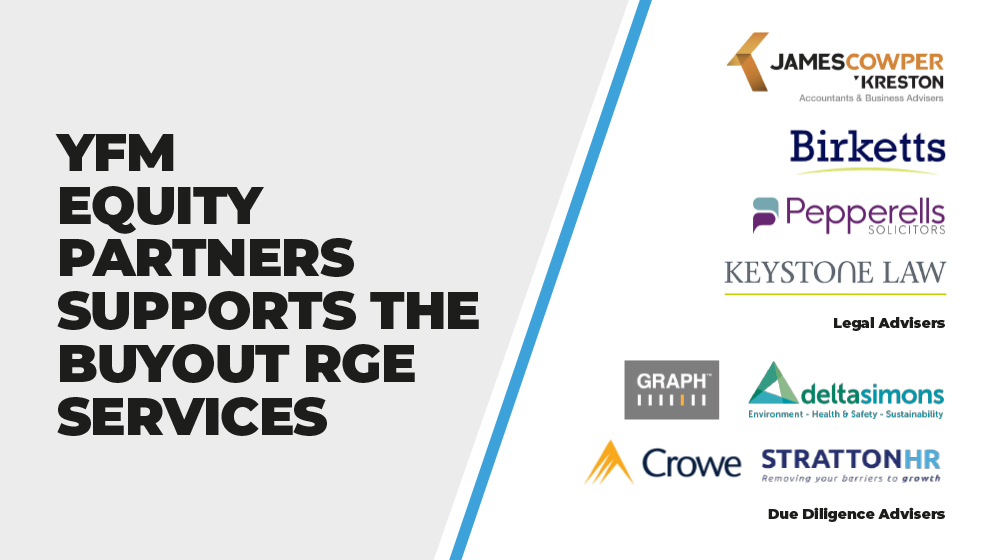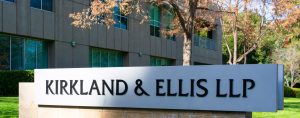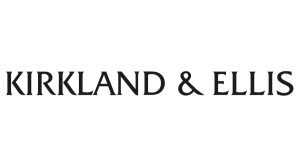RGE Services, a fire and electrical compliance services provider primarily working with the public sector, has funded its primary buyout by securing an equity investment from YFM Equity Partners (YFM). The deal is the second from the PE house’s £80 million Buyout Fund II which closed just 12 months ago and another example of YFM’s strong regional presence, with this investment based in the South East of England.
The buyout was led by Scott Craig, managing director, who has worked alongside founder Roger Greene for the last 15 years, joining as an electrician engineer and working his way up through the ranks. Scott will be supported by incoming chair Stuart Black and by Matt Aspinall, who joins as finance director. Roger Greene will remain a shareholder and investor in the business, continuing in his current strategic support role.
The vendor was supported by Transworld Corporate Finance (sell-side adviser); with legal advice provided by Pepperells Solicitors and Keystone Law.
Delta-Simons provided specialist health and safety advice on the transaction.
An interview With Alex Houldsworth, Principal Consultant at Delta-Simons
When assessing health and safety in a transaction like this, what do you look out for?
The key focus areas for due diligence will depend on the type of business being assessed and the nature of their operations. For example, a company using and storing large volumes of hazardous materials would require detailed focus on compliance with permits and safe systems of work for chemical handling. For an electrical compliance company such as RGE, the key areas of focus for our assessment were certifications, training, management systems and risk assessment, in order to assess how the business ensures their employees are safe while working on clients’ sites.
The interview or site visit stage of the process usually provides a good initial indication of the proficiency of a company’s health and safety management team and the internal health and safety culture. A company’s ability to provide the relevant documentation in an organised manner, understand and answer questions relating to health and safety, suggests a positive culture exists. Certified management systems such as OHSAS 18001 or ISO 45001 are also an integral part of H&S management.
How vital is due diligence here? What are the consequences if it is not conducted thoroughly?
The purpose of the due diligence process for this deal was to highlight to YFM areas of the business where material liabilities may be incurred as part of the investment, as early as possible in the transaction. The main emphasis of EHS due diligence has typically been focussed predominantly on environmental aspects. However, risks and liabilities associated with health and safety can have significant repercussions and consequences in the context of a transaction.
A business with poor health and safety policies, management or culture is more likely to experience incidents and fatalities and subsequent potential prosecution, fines or even (in the worst cases) custodial sentences for directors. Assessing health and safety issues as part of the transaction process will highlight potential risks as well as opportunities for improvement in order to reduce the potential for significant costs, business disruption or reputational damage further down the line.
Do you face any challenges when conducting due diligence in this area and how do you overcome them?
One of the key challenges in due diligence is being able to identify and separate non-material issues from the more significant potential deal-breakers and communicating the consequences of these to an investor. The aim of health and safety legislation is to reduce the potential for incidents or ill health, therefore even a seemingly minor non-compliance (e.g. poor training record keeping) could have significant repercussions in the event of a serious incident. Therefore it is vital to have regular, open discussions with the client throughout the process to ensure we understand the transaction and that they understand the possible consequences of our findings.
It is also not unusual to experience some degree of hostility from a target business when asking questions about their management of health and safety. However, this can be overcome by ensuring the target company is aware of the reasons for conducting the due diligence. Our aim is not to pick holes in existing policies and procedures, but to identify risks and areas for improvement which will form focus areas for an investor and target business to work on.
What other types of due diligence might be important to consider as part of a transaction?
Alongside health and safety due diligence, a significant core element of Delta-Simons’ work is environmental due diligence (EDD), assessing the environmental compliance of target businesses, as well as contaminated land liabilities associated with current and historical site use. Other aspects we consider for property-based due diligence include flood risk, coal mining and radon.
Environmental, Social and Governance (ESG) is also becoming a crucial aspect of M&A transactions for inevstors, as private equity and investment clients are becoming more aware of the need to address the wider impacts of an investment, including climate change, diversity and equality, ethical issues, social issues and supply chain.
How has the pandemic affected due diligence in the last year?
At the start of the pandemic in early 2020, the volume of transactions slowed as investors adopted a more cautious approach due to uncertainties around COVID. However, confidence soon returned and 2020 was the most successful year to date for our transactions team.
Site visits were limited at the height of lockdown in 2020. However, we quickly adapted to new ways of working including virtual audits and meetings, and ensuring our site visits were COVID-secure.
The real estate sector saw a huge increase in the number of transactions in the last 12 months, especially in the Industrial and Logistics sector, as a direct result of the demand for online goods during the COVID pandemic. This had a knock-on effect on due diligence in this area and Delta-Simons has been involved in a number of high profile transactions both in the UK and Europe.
The pandemic and talk of a green recovery has also focussed discussions around ESG due diligence, which will form a significant part of our transactional work going forward.





















